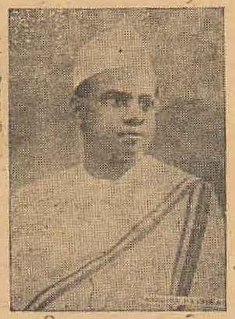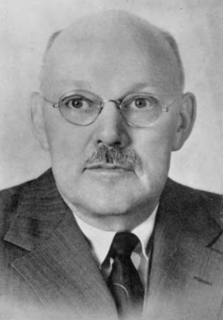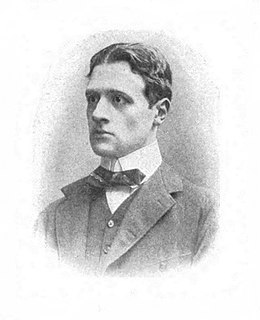A Quote by Patrick deWitt
I thought, When a man is properly drunk it is as though he is an a room by himself--there is a physical, impenetrable separation between him and his fellows.
Related Quotes
First I might say that when a person, when a man separates from his wife, at the out start it's a physical separation but it's not a psychological separation. He still thinks of her in, in probably warm terms. And, but after the physical separation has taken, existed for a period of time, it becomes a psychological separation as well as physical. And he can then look at her more objectively. My split or separation from the Black Muslim movement at first was only a physical separation, but my heart was still there and it was impossible for me to, for me to look at it objectively.
In the present age, man proves his separation from his Creator by his spirit of self-sufficienc y and positive rejection of God. The present issue between God and man is one of whether man will accept God's estimate of him, abandon his hopeless self-struggle, and cast himself only on God who alone is sufficient to accomplish his needed transformation.
The frontiers are not east or west, north or south; but wherever a man fronts a fact, though that fact be a neighbor, there is anunsettled wilderness between him and Canada, between him and the setting sun, or, farther still, between him and it. Let him build himself a log house with the bark on where he is, fronting IT, and wage there an Old French war for seven or seventy years, with Indians and Rangers, or whatever else may come between him and the reality, and save his scalp if he can.
If the nature of the work is properly appreciated and applied, it will stand in the same relation to the higher faculties as food is to the physical body. It nourishes and enlivens the higher man and urges him to produce the best he is capable of. It directs his freewill along the proper course and disciplines the animal in him into progressive channels. It furnishes an excellent background for man to display his scale of values and develop his personality.
It is not a man's duty, as a matter of course, to devote himself to the eradication of any, even the most enormous wrong; he may still properly have other concerns to engage him; but it is his duty, at least, to wash his hands of it, and, if he gives it no thought longer, not to give it practically his support. If I devote myself to other pursuits and contemplations, I must first see, at least, that I do not pursue them sitting upon another man's shoulders.
The mortal enemies of man are not his fellows of another continent or race; they are the aspects of the physical world which limit or challenge his control, the disease germs that attack him and his domesticated plants and animals, and the insects that carry many of these germs as well as working notable direct injury. This is not the age of man, however great his superiority in size and intelligence; it is literally the age of insects.
Man's desire for the approval of his fellows is so strong, his dread of their censure so violent, that he himself has brought his enemy (conscience) within his gates; and it keeps watch over him, vigilant always in the interests of its master to crush any half-formed desire to break away from the herd.
No man could bring himself to reveal his true character, and, above all, his true limitations as a citizen and a Christian, his true meannesses, his true imbecilities, to his friends, or even to his wife. Honest autobiography is therefore a contradiction in terms: the moment a man considers himself, even in petto, he tries to gild and fresco himself. Thus a man's wife, however realistic her view of him, always flatters him in the end, for the worst she sees in him is appreciably better, by the time she sees it, than what is actually there.
If any man has drunk a little too deeply from the cup of physical pleasure; if he has spent too much time at his desk that should have been spent asleep; if his fine spirits have become temporarily dulled; if he finds the air too damp, the minutes too slow, and the atmosphere too heavy to withstand; if he is obsessed by a fixed idea which bars him from any freedom of thought: if he is any of these poor creatures, we say, let him be given a good pint of amber-flavored chocolate... and marvels will be performed.






































